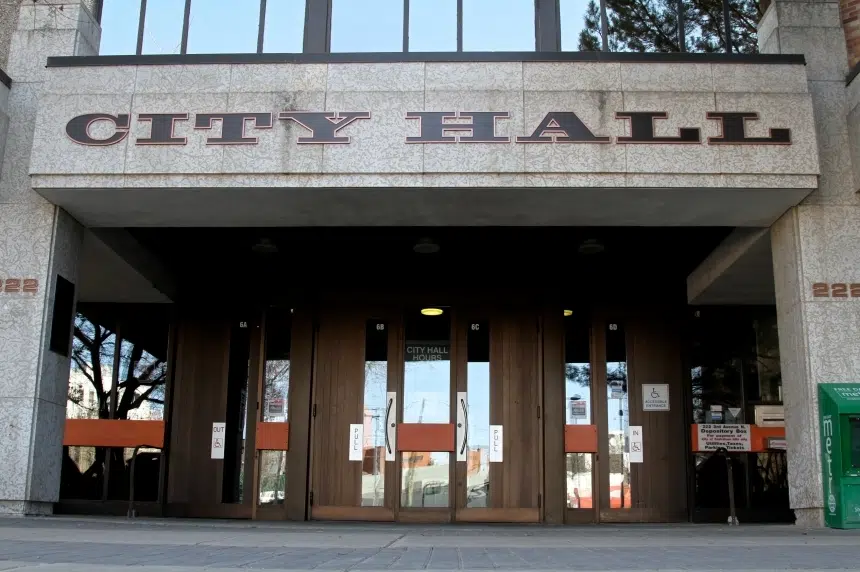A recent audit shows that the City of Saskatoon’s employee absenteeism is a risk to the city.
The audit, done by PwC Canada, states that the current trends at the city of Saskatoon indicate that preventative action is needed. Increasing numbers in absenteeism hours from both mental and physical illness are presenting a risk for the city, and could pose a cost to the taxpayer, the report said.
Presented to city council Tuesday, the Disability Assistance Program Internal Audit also said that over the past three years, mental health drug prescriptions have gone up 19.7 per cent.
The audit also concluded that the city lost 167,630 man hours, totaling a $5.6 million loss related to absenteeism.
Additionally, a bump in technology investments to support performance monitoring for the city was outlined in the report. It said that a one-time investment of $72,000 would align the city in case management activities.
“In adoption of the recommendations put forward in this report, it is expected that the City of Saskatoon will reaffirm a commitment to its employee values, the strategic HR plan, and citizen service delivery,” the report stated.
Audit ‘lacking’ pieces
“I was a bit disappointed in the audit, generally speaking,” Saskatoon City Councillor Ann Iwanchuk said.
One aspect that was missing from the report she said was a deeper dive into mental health issues. Why those issues are there, rather than just statistics.
“We all know that mental health issues are on the rise, or at least they’re being diagnosed more than they were in the past. But what we got were stats that were readily available on websites (from) different insurance companies.”
She said she was hoping for a look at mental health issues, and what they’re linked to. The audit left Iwanchuk with many questions.
“Are they personal issues, generally? Or are they issues that could be addressed through the workplace? Is it because people are working short staffed or longer hours with less assistance? Is it because it’s an aging workforce that people aren’t being properly trained,” Iwanchuk said.
“That’s what I wanted, a deeper dive in from the auditor, and we just didn’t get that.”
The city asked for a follow-up report from administration no later than September of 2020, prior to the municipal elections.











